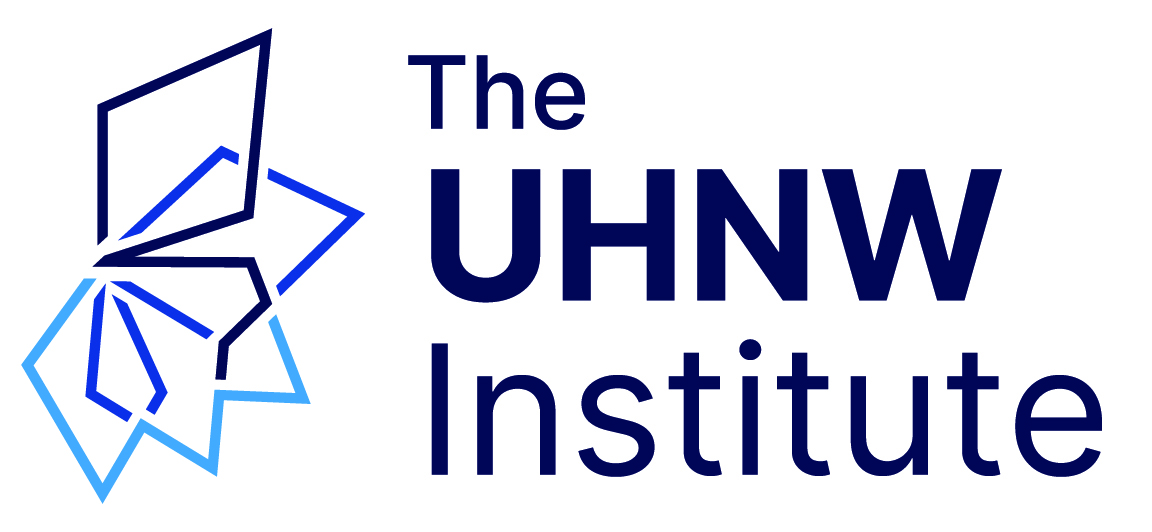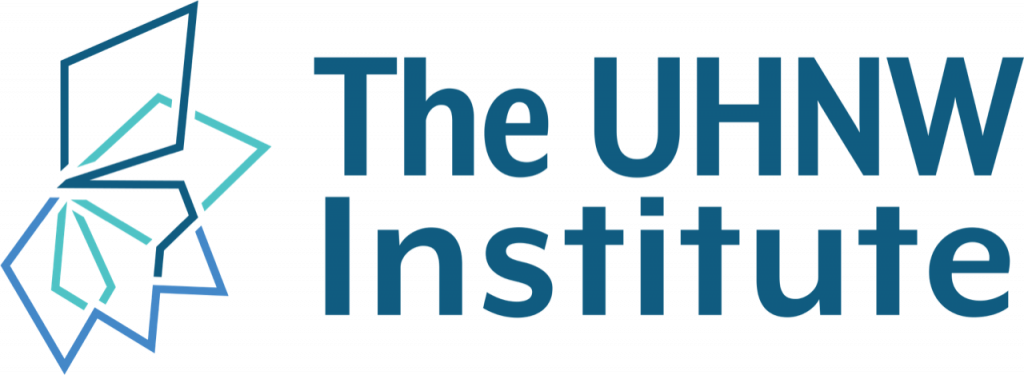Board Member Highlight: Edward V. Marshall
The UHNW Institute is pleased to feature our quarterly conversation highlights with Edward V. Marshall, an advisory board member and co-chair of the Family Office Initiative at The UHNW Institute and the global head of the Dentons Family Office and High Net Worth Group.
Eddie shares his thoughts on current changes and disruptions within the industry, emerging trends, the future of integrated wealth management and more.
- How do you envision this industry will be disrupted? How can the Institute support the pending industry changes rather than be blindsided by them?
I believe the textbook responses to this question revolve around an impending large generational wealth transfer and technological advancements. Both of these are important considerations, but they do not address the frustrations families have with client experience and their own ability to achieve successful outcomes for their families, which we all hear from wealthy families. While each family defines success differently, I believe we can all agree that they use professionals to find ways to improve the quality of life for their families.
With quality of life improvement as a north star, the UHNW ecosystem of advisors and vendors can have a high impact. However, one of the most common frustrations for families is navigating the UHNW ecosystem of advisors and vendors. Families still find it difficult to define “excellence” in this field when it comes to service provider performance and to identify companies that can provide all services under one cohesive client service delivery model.
The Institute, at its core, is designed to support these issues, especially given its nonprofit status. The Institute’s key drivers are to promote positive change in the UHNW industry while also serving as a hub for professionalization and thought leadership for both clients and industry professionals. By becoming a member of the Institute, a professional shows that they are committed to its main goal of better client outcomes and excellent service delivery.
The Institute has also provided valuable resources and frameworks for families and professionals to use. For example, The Ten Domains of Family Wealth is a framework for understanding the wide range of issues that the UHNW faces. These frameworks can also be better tailored to the needs of specific client segments. For instance, utilizing family office insiders and current family office executives, we are currently adapting the Ten Domains framework for use by single family offices.
The Institute’s programs, research and community can benefit both professionals and the families they serve.
- As it pertains to UHNW client needs, what are the most significant trends you’re seeing now?
The largest trend, in my opinion, is that wealthy families—especially those in the UHNW—are becoming more conscious of the value of effective risk management and the ways in which risks are interconnected.
Families have long relied on risk experts to provide them with the knowledge and resources necessary to both protect themselves from risks and make wise decisions when faced with difficult choices. However, families continue to struggle to implement effective risk management systems, and they frequently wait until a major risk or threat manifests before taking risks seriously.
Underestimating and overlooking risks and threats is a contributing factor to this behavior. In addition to falling victim to survivorship cognitive bias, families also lack pertinent risk and threat benchmarks. Wealthy families may believe that because they have not faced specific risks or threats in the past, they are unlikely to do so in the future.
This is also evident in the absence of insider threat programs and the belief that anonymity will protect them. “No one knows who we are, so we are not concerned about being targeted,” may be famous last words. These factors contribute to families’ failure to identify risk management gaps in areas such as health advisory, actionable due diligence and developing an effective insider risk threat program.
- What will the integrative wealth management industry look like ten years from now?
Clients frequently express frustration with the “integrated” wealth management methodology because many firms fail to deliver on the integration they claim. Firms offer a wide range of services but lack the glue that connects them in a coordinated service delivery. One-stop shop is easy to say but difficult to deliver on.
Firms that can deliver a unified approach will need to invest time and money in training their teams to develop an effective and scalable client service delivery model. Firms will need to devote more time to project management and performance management skill development, in addition to domain knowledge. Saying you are a client-centric firm is one thing; actually being client-centric is far more complicated. Technology advancements will most likely help on the margins, but I doubt there will be a magic “easy button” to deliver integrated wealth management services.
The Institute can play a significant role in shaping best practices for delivering integrated wealth management, and it has the experienced resources among its members and faculty to provide this critical training to firms across the industry.
- How does your firm support a diversity of voices – in all the ways that can be interpreted (race, gender, age, etc)? And how can our industry do better in general?
Inclusion, Diversity and Equity (ID&E) are not only core values of Dentons’ culture – they are an integral part of our global representation. The firm sets the tone at the top and provides accountability through recruitment, leadership councils, mentorship, internal affinity groups, pro bono work and specific programs.
To improve in this area, the industry that supports UHNW individuals can provide more exposure to younger professionals who see potential in working with UHNW clients. Then, they will understand that there are approachable ways to enter the world of working with UHNW families. These younger professionals will also require skill development, and the Institute can assist in this area by supplementing what firms are already doing.
- What charity/charities and/or non-profit work do you spend your time simply because you believe in its mission? Tell us about it.
The majority of time I devote to charitable causes is spent supporting those who have served our country and humanitarian efforts in Ukraine. I have had the privilege to work with the Defense Intelligence Memorial Foundation, a non-profit organization in the United States that provides scholarship funds to the families of US Defense Intelligence officers killed in the line of duty. You can learn about the great work that DIMF does by visiting its website: www.defenseintel.org
Supporting Ukraine is deeply personal for me and my family. The Russian atrocities and war crimes committed during this full-scale war are horrific and continue to this day. From sexual violence against women and children to the daily bombing of civilians, the world cannot ignore this disgusting destruction program and Russian war crimes. Many in the West are still unaware that the Russians have abducted thousands of Ukrainian children and sent them to Russia for “adoption,” changing their names to prevent them from being reunited with their Ukrainian parents.
- Why did you join the Institute?
I am honored to be a part of a group of professionals committed to improving their tradecraft while also raising standards and creating scholarships in the UHNW industry. This is why I joined the Institute. Steve Prostano and the Institute’s leadership have achieved something unique by bringing together experts from various disciplines who are committed to a cause greater than their own personal accomplishments.

